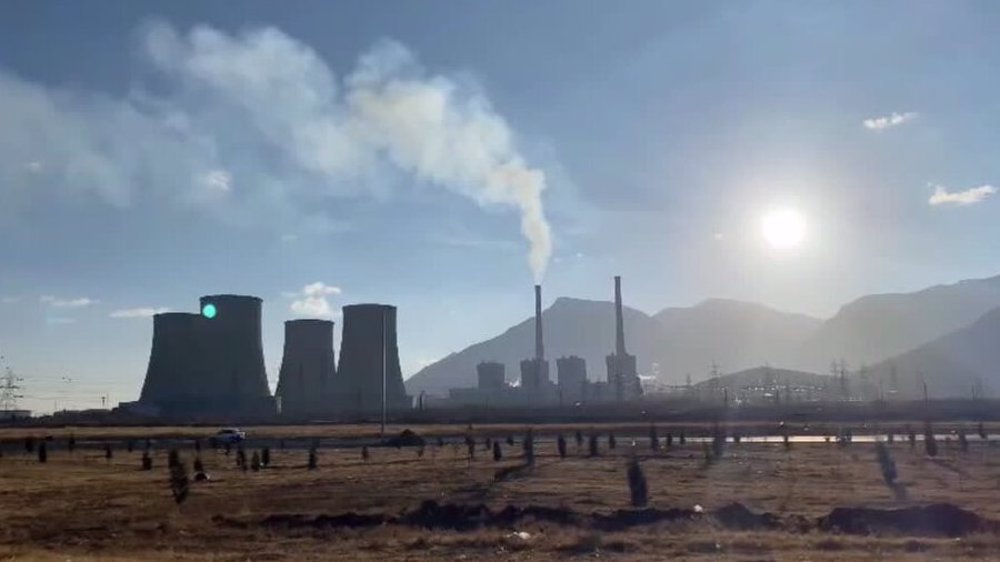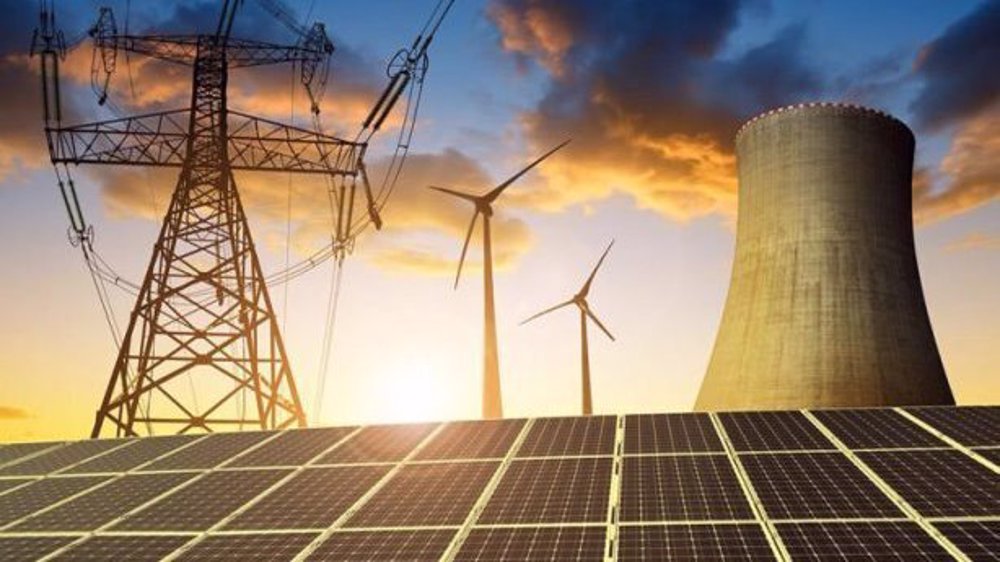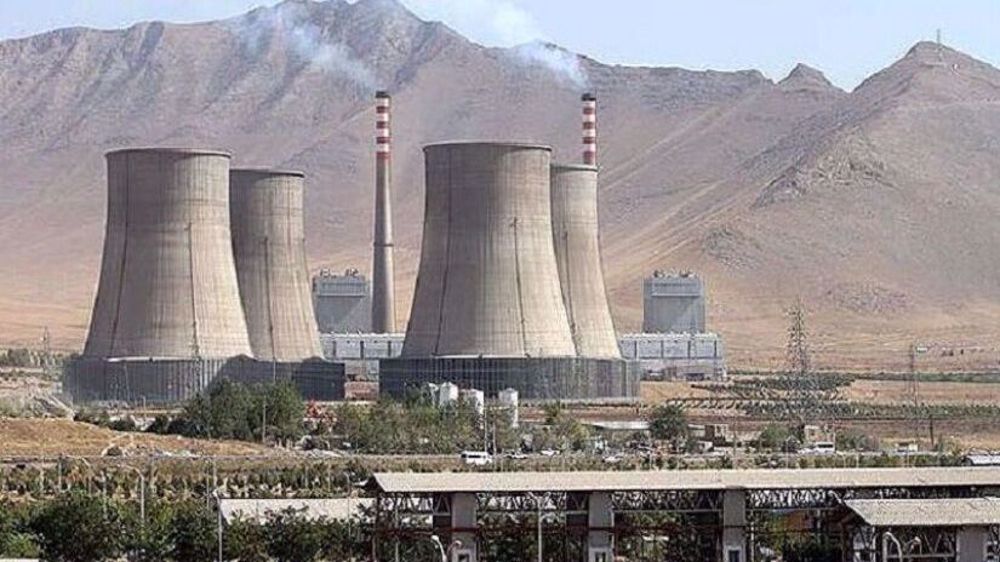Iran to build 48 power plants in Indonesia
Iran and Indonesia have reached a final agreement on building 48 power plants in the Southeast Asian country, Iranian Energy Minister Hamid Chitchian has said.
With Indonesian Coordinating Minister for Economics Sofyan Djalil in Tehran, the two sides finalized a deal under which Iranian companies will build small-sized hydroelectric power plants in the archipelago.
Djalil said Indonesia plans to construct 48 dams in the next five years along with a series of 1-10 megawatt hydroelectric power plants.
The Indonesian minister visited Tehran at the head of a delegation to attend the 11th session of the two countries’ joint economic commission.
They wrapped up their talks on Sunday with the signing of a memorandum of understanding for cooperation in the fields of industry, investment, trade, customs and banking.
Iran’s Minister of Communications and IT Mamoud Va’ezi said their cooperation will cover such areas as oil, gas, petrochemical, electrical and mineral industries.
In February 2014, the two countries signed an agreement to build a refinery in Indonesia to process 300,000 barrels per day of Iranian heavy crude oil.
It will require around $3 billion of investment, which will be covered 70% by the Indonesians and the rest by the Iranian side.
Djalil said they were “seriously” working to start construction of the refinery, the IRNA news agency reported.

He also said Indonesia was considering to build a chemical fertilizer plant in Iran which will provide feedstock.
Trade between Iran and Indonesia stood at $450 million last year, having plunged from $2 billion before the West intensified sanctions on the Islamic Republic in 2012.
Djalil said the biggest hurdle to expansion of bilateral relationship is the banking problem which prevents money transactions with Iran.
Indonesian officials have said the country intended to resume oil imports from Iran and join China, India, Japan and South Korea which are the main customers of the Iranian crude in Asia.
Indonesia currently imports 800,000 to 900,000 barrels per day of crude oil but Djalil said there are higher potentials to go beyond this level.
Chitchian said there is a huge market in both countries for cooperation given the size of their populations.
Indonesia has the largest Muslim population in the world, with more than 250 million people. Iran’s population rose to 80 million last year, according to state officials.
“These two big markets could complement each other and provide the best venue for joint cooperation,” Chitchian said.
HB/HB
'Next to impossible' to rescue patients from Gaza's Kamal Adwan Hospital: Director
VIDEO | Vietnam current prosperity
Report blames gasoil exports for shortage at Iranian power plants
VIDEO | Hind Rajab Foundation names Israeli war criminals vacationing after Gaza genocide
VIDEO | Australians rally for Gaza ahead of Christmas festivities
VIDEO | Attacks on Sana'a
Iran reports further drop in annual inflation rate in December
Israel indicts two settlers over suspected spying for Hezbollah










 This makes it easy to access the Press TV website
This makes it easy to access the Press TV website